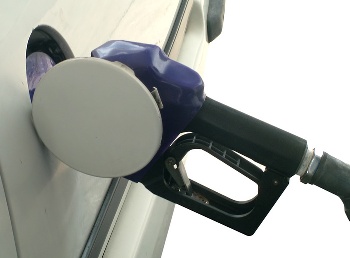PM firmly stands by fuel price rise
 Prime Minister Manmohan Singh has said on Monday that he is not willing to give in to the demands for a roll back in the increased prices of petrol and diesel.
Prime Minister Manmohan Singh has said on Monday that he is not willing to give in to the demands for a roll back in the increased prices of petrol and diesel.
The Prime Minister said that the politics for appeasement would hurt the economy in the longer term. The government raised the factory-gate taxes and import duties on fuels in the union budget for 2010/11 to control fiscal deficits and thus the prices of petrol and diesel rose 6% and 7.75%, respectively.
The rise in fuel prices could further put pressure on the high food inflation in the country which is at around 20%. Thus political allies, like Trinamool Congress and DMK have demanded a roll back in price hike so that the poor population does not suffer.
The government ruled out any roll back but according to a source the finance minister will meet the members of Trinamool and DMK to explain to them the need for the price rise.
The two parties are expected to eventually support the government in the issue because they are dependent on the congress party in the coming elections in their states. In Tamil Nadu assembly, DMK is running the government with congress support and it would collapse if the support is withdrawn.
In West Bengal, the success of Trinamool in last Lok Sabha election and in municipal polls and assembly by-elections was mainly possible because of congress.
The prime minister has said that the decision on price rise has been taken while keeping long term view. The government sets the retail prices for petrol, diesel, LPG and kerosene so that the inflation remains under control and the poor are protected.
The government is now considering decontrolling the fuel prices as it requires state subsidies amounting to thousands of crores of rupees. The government has set a target to bring down the fiscal deficit to 5.5% of GDP in the next financial year form 6.9%.
Mr. Singh said on Monday that the economy, which is forecast to grow at 7.2% in the year to March 2011, has the capacity to absorb the increase in fuel prices without putting much additional pressure on inflation.
He also said that the direct effect of price rise would be 0.40% on the Wholesale Price Index. The index stood at 8.56% in January due to high food prices.
He expects that with the arriving of winter crop the prices of commodities like wheat, sugar, oilseeds and pulses will be moderated.
The prime minister said that the policy for appeasement could hurt the economy in the long term by affecting the investment climate, job creation and the ability of the government to spend on social sector.